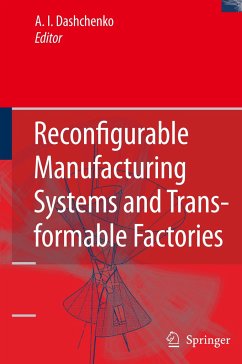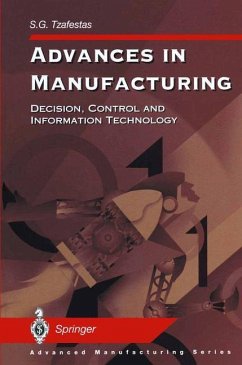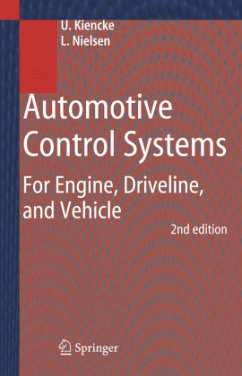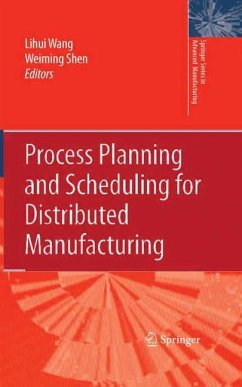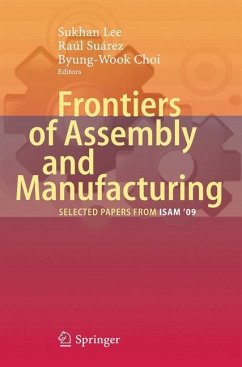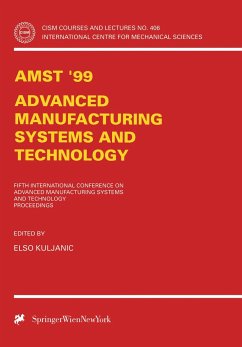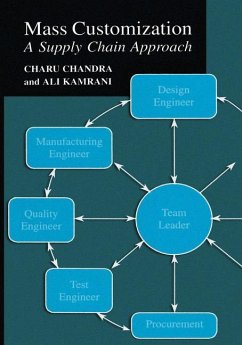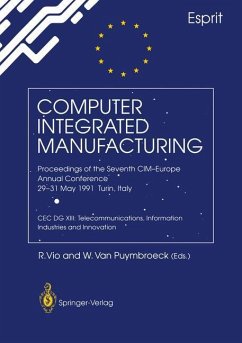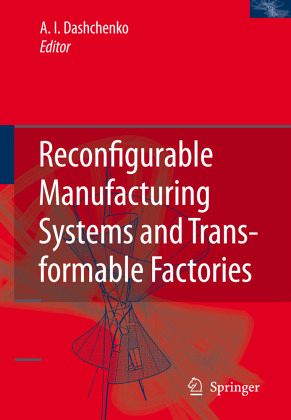
Reconfigurable Manufacturing Systems and Transformable Factories

PAYBACK Punkte
76 °P sammeln!
Dear reader! In your hand you have the second book from the series "XXI Century Techno- gies. " The first book under the title "Manufacturing Technologies for Machines of the Future" was published by "Springer" in 2003. This book is aimed at solving one of the basic problems in the development of modern machine-building - working out of technologies and manufacturing equipment which would promote the continuous development and improvement of the final product design, rapidly "adaptable" to the requirements of the market as for the quantity, quality, and variety of products manufactured with th...
Dear reader! In your hand you have the second book from the series "XXI Century Techno- gies. " The first book under the title "Manufacturing Technologies for Machines of the Future" was published by "Springer" in 2003. This book is aimed at solving one of the basic problems in the development of modern machine-building - working out of technologies and manufacturing equipment which would promote the continuous development and improvement of the final product design, rapidly "adaptable" to the requirements of the market as for the quantity, quality, and variety of products manufactured with the lowest cost and minimum time and labor of the product process. In this book the problems of theory and practice of development in the reconfigurable manufacturing systems and transformable factories for various machine-building branches with a focus on automotive industry are discussed. The problems concerning the development of a new class of production systems which in comparison to the flexible manufact- ing systems are composed of a far less quantity of machine-tools (reduced cost of production) are discussed. In comparison to the conventional automated lines (dedicated systems) they make it possible to rapidly transform the equipment for new products manufacturing. The book has some advantages concerning the art of scientific ideas and the presentation of developments.





